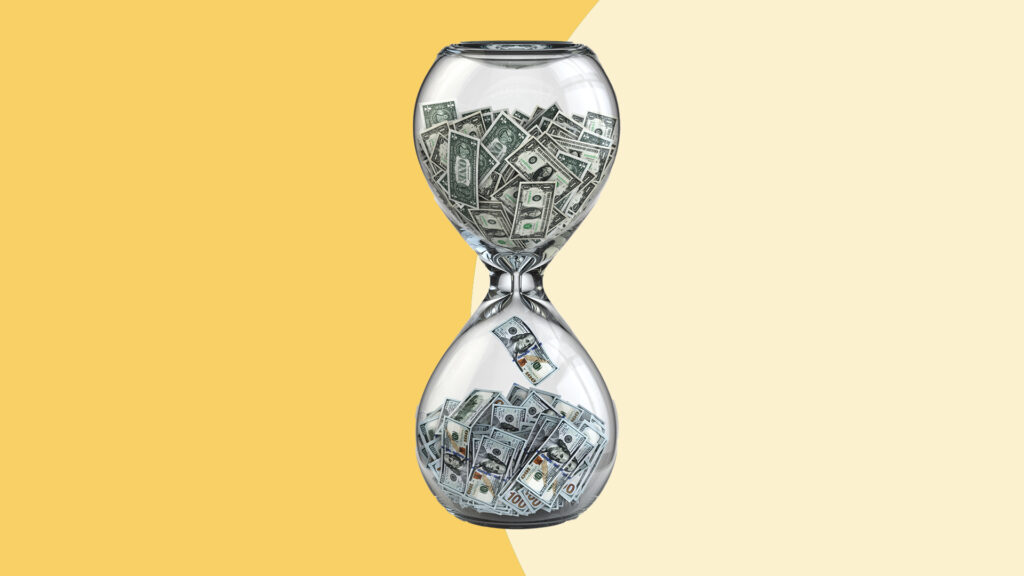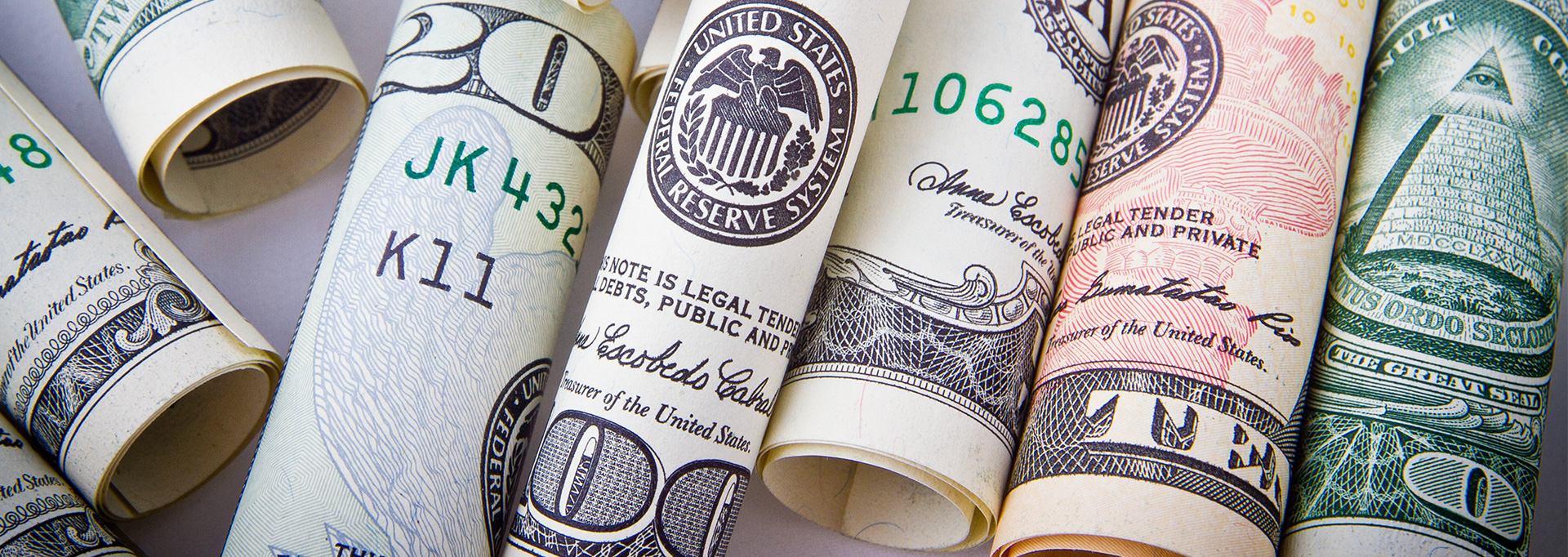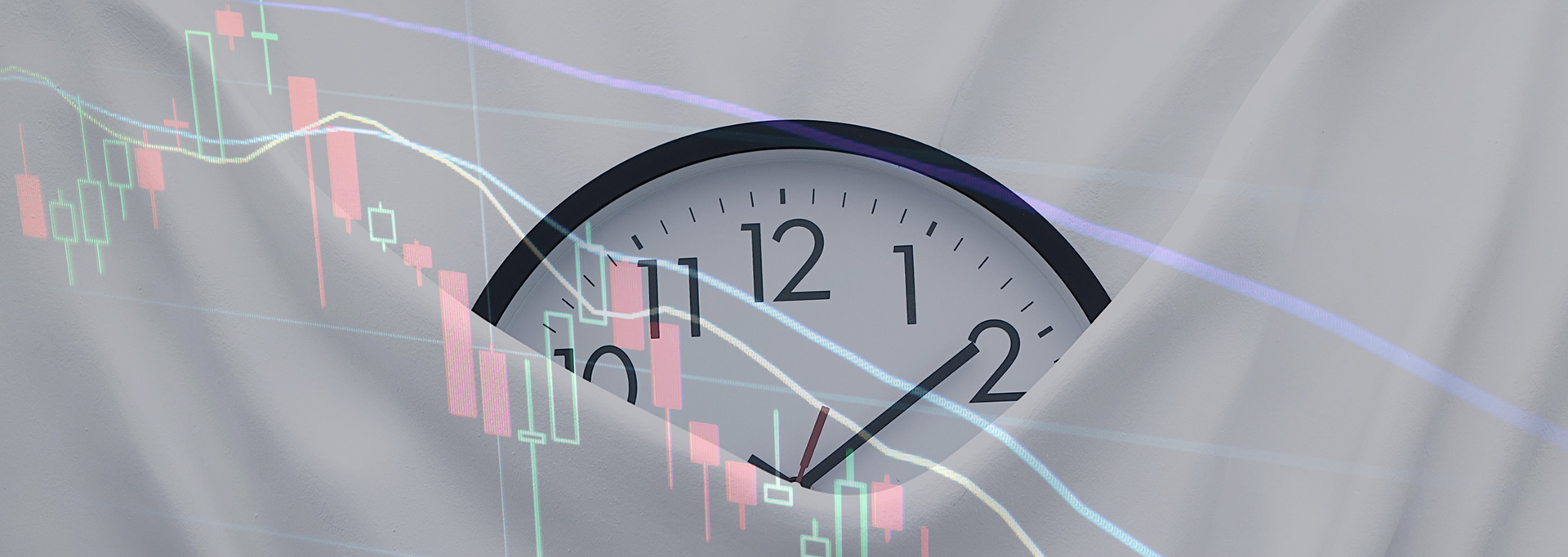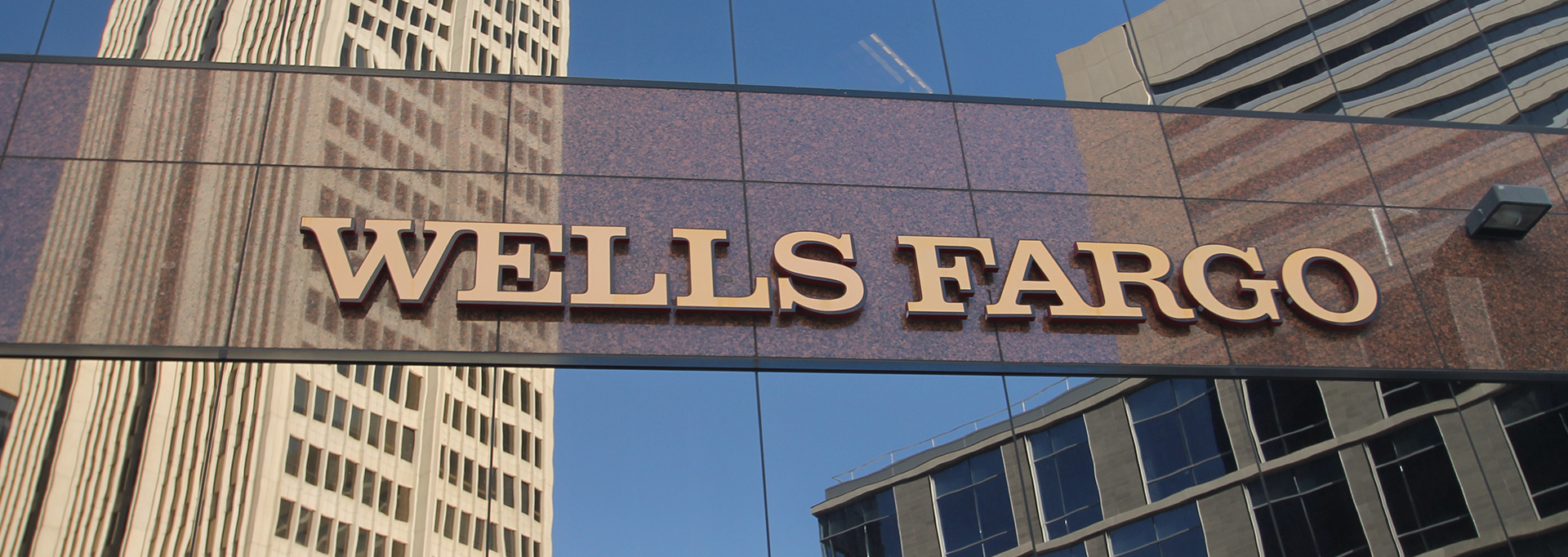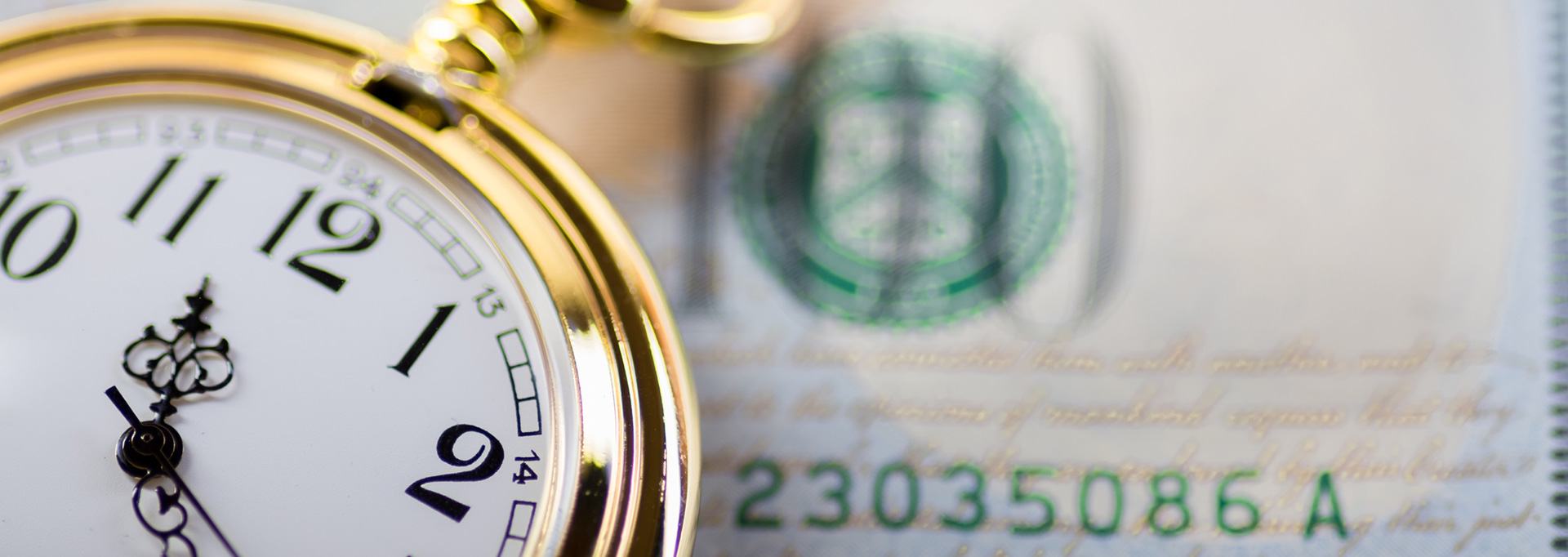Most products on this page are from partners who may compensate us. This may influence which products we write about and where and how they appear on the page. However, opinions expressed here are the author's alone, not those of any bank, credit card issuer, airline or hotel chain. This page may include information about American Express products currently unavailable on Slickdeals. American Express is not a partner of Slickdeals.
A certificate of deposit, or CD, can be a good location to save money for many types of medium- and short-term financial goals. Whether you’re storing cash for a down payment on a home, a wedding, a vacation, or something else, CDs often offer higher interest rates than traditional savings accounts. The trade-off, of course, is agreeing not to withdraw your funds for a set period of time.
Most financial experts don’t recommend using CDs for long-term savings objectives like retirement. So, it’s important to find the right balance where CDs are concerned. CDs can be useful savings tools. But it’s helpful to know how much money you should save in these deposit accounts before you open them.
Deposit too much money into CDs and you face risks like missing out on potentially higher earnings from other investment vehicles. Or if you store money in CDs that should be in other deposit accounts (like high-yield savings accounts), you risk facing early withdrawal penalties.
There’s no clear-cut answer to the question, “How much money should I save in CDs?” Everyone’s financial situation is different. However, the guide below will walk you through four important questions to consider as you assess your upcoming financial goals and how CDs might play a role in helping you achieve
How Much Money Do You Need in Your Emergency Fund?
A certificate of deposit could be a good place to store some (or perhaps all) of your emergency fund, depending on the type of account you open. Many financial experts recommend saving at least six months' worth of expensesin an emergency fund. The goal of having this cash is to protect yourself in the event of a job loss, illness, or any other type of financial crisis and to avoid the need for emergency loans if disaster strikes.
Some people opt to store their emergency funds in a high-yield savings account (HYSA) or money market account. Others might split their emergency savings between a HYSA and a CD in an effort to get the highest earnings possible.
No-penalty CDs are another option to consider as a home for your emergency fund. These types of accounts may allow you to earn a higher annual percentage yield (APY) without worrying about an early withdrawal penalty if you need to access your cash earlier than anticip
Are You Saving for Short-Term or Medium-Term Goals?
CDs can be a good fit when you’re working toward different types of short-term and medium-term savings goals. For example, if you’re putting aside money each month or perhaps at certain times throughout the year (e.g., tax refund, work bonus, etc.) to save for an upcoming goal, you could put the funds you already have stashed away in a CD to help your savings grow at a faster
Recommended CDs
CIT Bank Term Certificates of Deposit
- Our Rating 3.5/5 How our ratings work
- Minimum
Deposit Required$1,000 - 1 Year APY0.30%
Annual Percentage Yield is accurate as of March 31, 2023. Interest rates for CIT Bank's term CDs are variable and subject to change at any time without notice
- 3 Year APY0.40%
Annual Percentage Yield is accurate as of March 31, 2023. Interest rates for CIT Bank's term CDs are variable and subject to change at any time without notice
- 6-Month APY5.00%
Annual Percentage Yield is accurate as of March 31, 2023. Interest rates for CIT Bank's term CDs are variable and subject to change at any time without notice
Many banks that offer CDs require customers to commit to lengthy terms of several years or more in order to earn the highest interest rates available. However, with CIT Bank's term CDs, the opposite is true. To get the best rates at CIT, you'll need to open one of its shorter-term CDs, such as its 6-month CD that pays 5.00% APY. If you want an easy way to save more money without having to wait years, CIT Bank's term CDs are a solid option.
Overview
If you’re looking for a dependable way to earn interest on your money in the short term, CIT Bank’s certificates of deposits may be an excellent choice for you. However, those looking to open a long-term CD may be better off looking elsewhere.
Pros
- Strong rates for 13- and 18-month terms
- FDIC insured
Cons
- Rates for longer terms unimpressive
Quontic Bank Certificates of Deposit
- Our Rating 3/5 How our ratings work
- Minimum
Deposit Required$500 - 1 Year APY5.30%
- 3 Year APY4.40%
Quontic CDs typically offer a pretty solid APY, especially for one-year terms. However, Quontic’s early withdrawal penalties are notably steep compared to competitors.
Overview
With rates of up to 5.30% APY, Quontic Bank’s certificates of deposit are competitive with the best CD rates currently offered. While the minimum opening deposit is also relatively low, it’s worth noting that Quontic’s early withdrawal penalties are on the steep side.
Pros
- Strong interest rates
- Relatively low minimum opening deposit
Cons
- Harsh penalties for early withdrawal
- No no-penalty option
However, if you’re saving money for a long-term goal like retirement, a certificate of deposit might not be the best home for all of your savings. With CDs, your funds could lose their purchasing power over a long period of time due to inflation. And while you can use CDs as a retirement investmentoption (such as an IRA CD), it’s a good idea to consult with a trusted financial advisor before you decide to do s
Are Interest Rates Rising or Falling?
It’s also important to consider the overall state of the economy and how interest rates are behaving when you decide how much money to save in CDs. If interest rates are trending downward, you might want to think about locking in higher CD interest rates while you can take advantage of the higher earnings.
CDs can still be a smart way to save when interest rates are on the rise. But if you lock up too much money in a single CD—especially a long-term CD—you could miss out on the chance to take advantage of higher interest rates when (and if) they increase in the
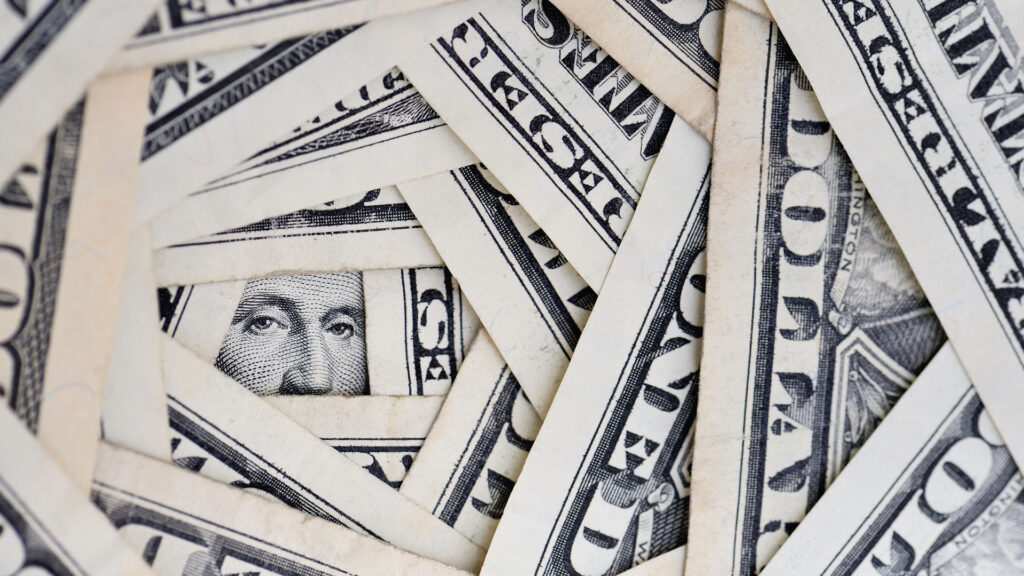 Related Article
Related Article
Why Today’s Experts Recommend Short-Term CDs Over Long-Term Ones
For this reason, many experts recommend a strategy called CD laddering. With a CD ladder, you spread the money you invest in CDs across multiple certificates of deposit with varying maturity dates. You might, for example, put some cash in one-year CDs, two-year CDs, three-year CDs, five-year CDs, etc.
As each CD matures, you have the opportunity to roll a portion of your savings into a new CD. If interest rates are indeed higher at that point, you can take advantage of those elevated APYs. The CD ladder strategy can also help you gain access to your savings periodically (without penalty) in case you need to access those funds for emergencies or to put the money toward other financial g
What Is the Minimum Deposit Requirement?
Banks and credit unions will often require you to make a minimum deposit when you open a CD. Some financial institutions may let you open a CD with a minimum deposit of just $500. Others might require a $1,000 minimum deposit. If you’re interested in opening a jumbo CD, you might have to hand over as much as $100,000 to open an account.
Recommended CD with No Minimum Deposit
Synchrony Bank Certificates of Deposit
- Our Rating 5/5 How our ratings work
- Minimum
Deposit Required$0 - 1 Year APY5.10%
- 3 Year APY4.30%
- 9 Months APY5.00%
Synchrony Bank offers some of the most flexible CD options currently available. With terms ranging from three months to five years, as well as a Bump-Up CD and No-Penalty CD option, there's likely a certificate of deposit in Synchrony's roster that lines up with your needs. Additionally, none of Synchrony's CDs require a minimum opening balance, which is remarkably rare (many of the best CD rates require a minimum deposit of $1,000 or more). Across the board, Synchrony offers higher rates than most traditional banks, and some even outpace the best online banks' rates. All this makes Synchrony CDs an easy recommendation.
Overview
Synchrony Bank offers CD terms ranging from 3 months to 60 months, and across the board its rates are some of the highest currently available. While it only offers one No-Penalty CD and one Bump-Up CD, both are competitive in their respective areas. Another major perk of Synchrony CDs is the lack of a minimum opening deposit requirement; many CDs with comparable rates require you to commit to $1,000 or more, which make Synchrony’s CDs remarkably accessible by comparison.
Pros
- Strong interest rates
- No minimum deposit requirement
- Strong no-penalty and bump-up CD options
Cons
- Only offers terms of up to 60 months
Keep in mind that CDs you open from banks should be guaranteed by the Federal Deposit Insurance Corporation (FDIC). In the event of a bank failure, the FDIC will cover up to $250,000 of the funds in your account. You can split your savings between multiple financial institutions if you’re worried about exceeding the $250,000
Bottom Line
A certificate of deposit can represent a low-risk way to grow your savings. But if you’re not sure how much of your savings you should put into CDs, it might make sense to have a conversation with a reputable financial advisor for guidance.
Once you’re ready to take advantage of CDs to grow your savings, be sure to shop around for the best CD rates available. It’s also important to search for the right CD terms to help you reach your savin
Explore the Best CD Rates
Visit the Marketplace